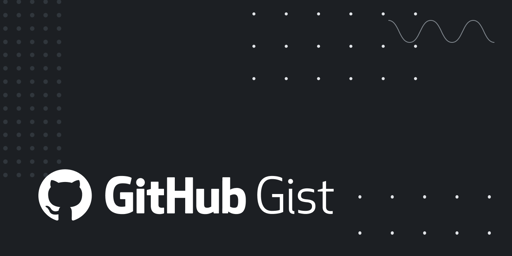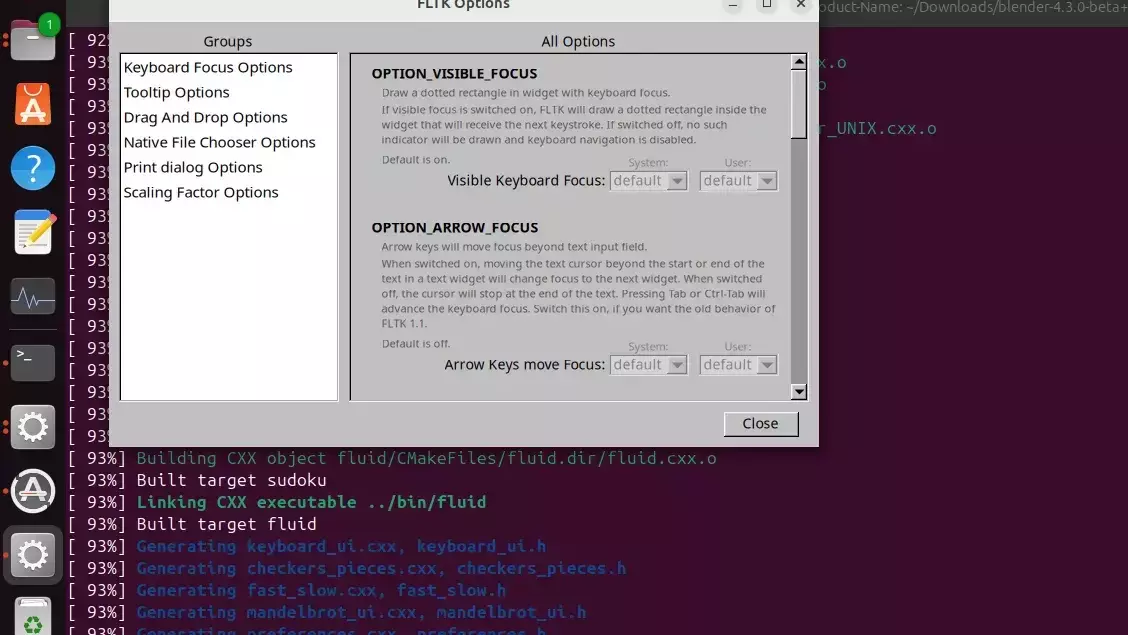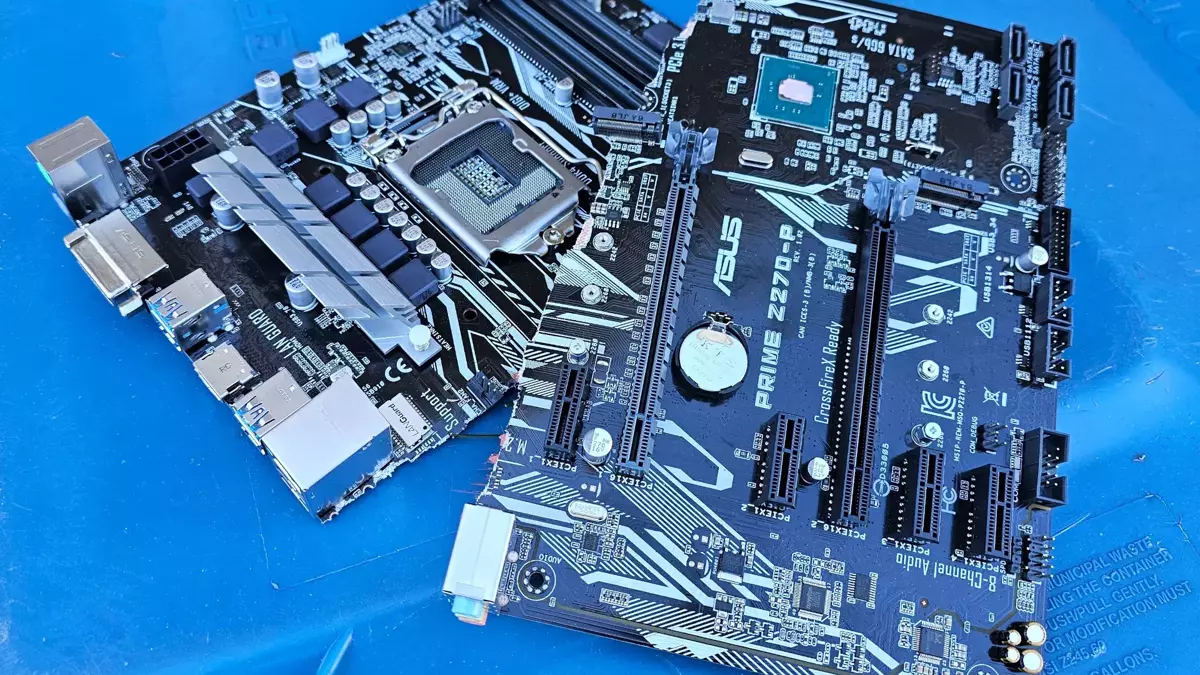Well Firefox recently integrated a full webpage translation, fully done local on your system. It works pretty well in my experience.
I’m here to stay.
- 35 Posts
- 838 Comments

 2·2 months ago
2·2 months agoIt’s actually surprising that this is not configurable already. At least in a GUI.

 2·2 months ago
2·2 months agoI guess one could create shortcuts to a tool like
wl-copyandwl-pasteto either copy or paste content to primary selection (or regular clipboard for that matter). So in that case a simple script could run the command and in your desktop environment you setup a shortcut to run the script.Yes its hacky, but in Linux nothing is impossible. :-) (unless it is…)

 6·2 months ago
6·2 months agoThen I tell you something that might either blow your mind or be useful in future (or just being fun fact):
On Linux there is the regular copy/paste clipboard, which you already know how it works. But then there is this primary clipboard called primary selection too, that is independent from normal clipboard. Text will be copied to primary selection when you select a text (in example in Firefox). Just by selection the text with the mouse is enough and it will not affect the normal clipboard. Then you can middle click the text from primary clipboard.
Read more here: https://tronche.com/gui/x/icccm/sec-2.html#s-2.6.1

 13·2 months ago
13·2 months agoThey only discuss to disable it by default, not removing the functionality.

 20·2 months ago
20·2 months agoThe essence of the article:
The discussions, visible in Mozilla’s Phabricator revision D277804 and a linked GNOME gsettings-desktop-schemas merge request, focus on disabling the traditional primary selection paste by default.
Mozilla proposes changing the default behavior of the Firefox browser on Unix builds so that pressing the middle mouse button no longer pastes text by default.
The functionality will be there and can be enabled. The reasoning:
The author of the revision frames the current behavior as a source of confusion and accidental pastes, especially when users press the middle button without expecting the clipboard contents to be inserted into text fields.

 1·2 months ago
1·2 months agoGamescope works on Wayland too nowadays.

 1·2 months ago
1·2 months agoGamescope is developed by Valve and used in Steam Deck. But you can install it on any system. You can think of it as a commandline application, to run games with. It can fix issues you or give some options and should make games run better if they are problematic otherwise.

 11·2 months ago
11·2 months agoIt doesn’t even need to be Sways issue. What I mean are secondary issues like packaging of Sway or related packaged that are used when using Sway or Wayland. It doesn’t need to be a Wayland issue in itself. I just had in the past issues and quickly blamed something and it turned out something different.

 3·2 months ago
3·2 months agoHow do you know its a Wayland issue? Edit: I mean its not the entirely same setup, because Sway WM does not run on Xorg. That means there are other differences in play than Wayland only.

 101·2 months ago
101·2 months agoWhich distribution? Maybe its an issue with the packaging. 580 is the last version that supports the older 10xx cards and there were some packaging changes in Archlinux. Now your card is newer than that and should not be affected. But maybe your distribution made some changes to packaging that caused the issue?

 9·2 months ago
9·2 months agoUsing a game controller will now count as “activity”, stopping the system from automatically going to sleep or locking the screen. (Yelsin Sepulveda, KDE bug #328987)
I don’t know why this was not done before. I had in the past some nightmare experience trying to play emulation and my screen would go sleep every 15 minutes or so. That’s why I have this disabled and display never sleeps! I am curious to try the new feature if it works as intended.
Well, that’s one thing with Flatpak. There is a permission system, as the applications are fully or partially sandboxed. You can install “Flatseal”, that can change permission for each installed Flatpak application. But it can be confusing or hard to understand what you have to change in order to make it work. Or maybe the application itself is not packaged correctly as a Flatpak, I don’t know.
I trust System76 more than I do trust GNOME.

 1·2 months ago
1·2 months agoI don’t know the exact process, but I think its still based on the original, with the changes and additions on top of it. So it depends on the FreeTube team to keep up. I imagine its similar how the Firefox forks work, that still depend on the original Firefox.
So its more a general question how to backup (with versioning) these files. I just always wondered what “manage” in this context meant. I don’t handle them differently than any other file to backup.
I don’t understand what to manage about dotfiles. You mean backups?

 2·2 months ago
2·2 months agoWell, you can try a Live CD for first contact. Or even a virtual machine, with a complete install of the operating system and desktop environment, without touching your actual system.

 10·2 months ago
10·2 months agoThis shouldn’t be a thing of luck, if you are prepared.





I don’t understand what the problem here is. But why the option exists? If someone does not care, then why would someone have any say in such an option? You can’t enforce people to care.